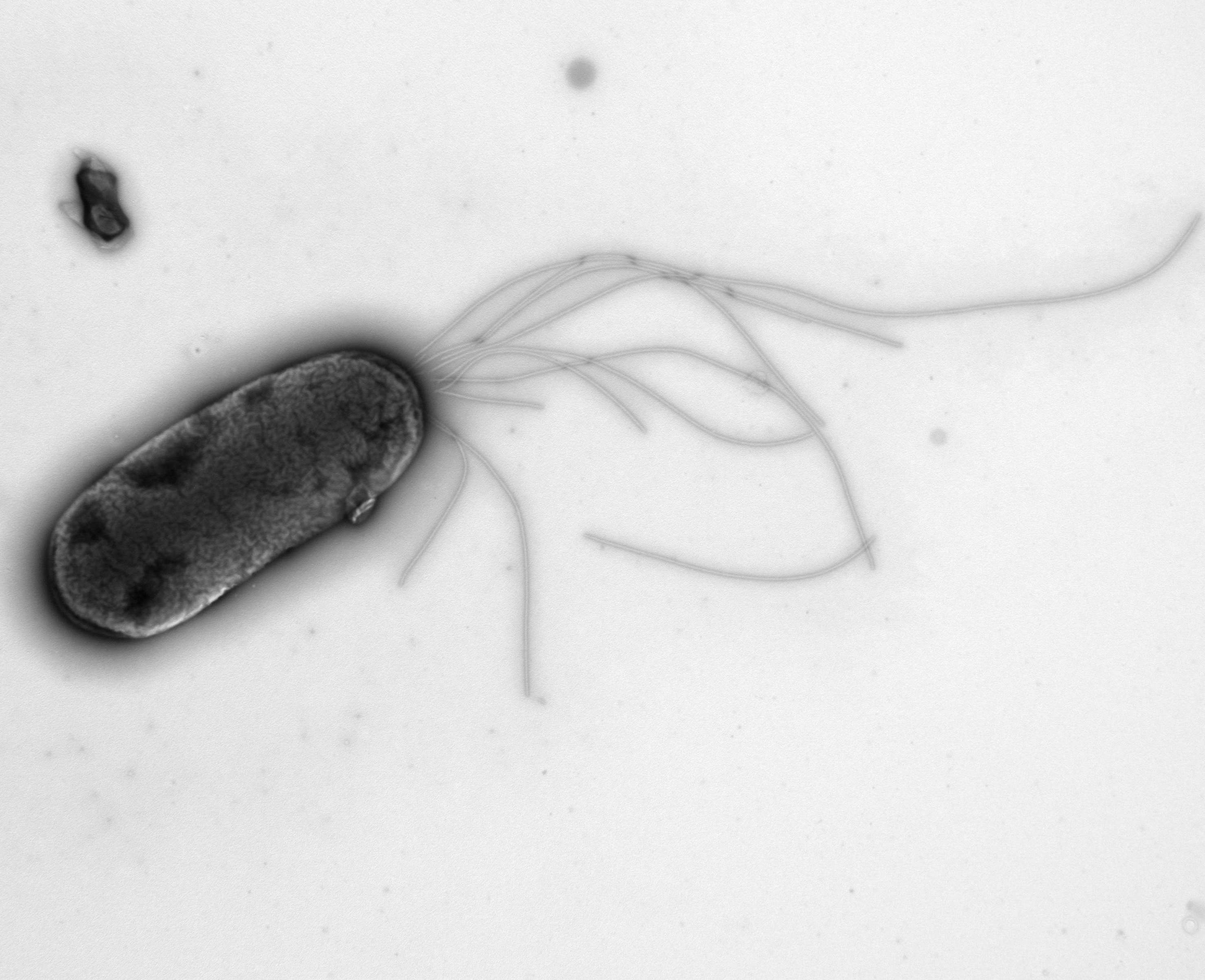 One of the great conceptual novelties of recent years in the life sciences is systems biology. Although molecular biology is considered to have been founded by physicists, this circumstance did not result in a quantitative culture and the accurate, standardized descriptive language characteristic of the “hard sciences”. With very few exceptions, the biosciences that have developed since that time seldom took the opportunity to formalize the mechanisms and functions of living systems using accurate languages and codes. Systems biology occupies this niche by analysing biological entities as comprehensible physicochemical objects with a functioning logic that can be modelled, understood and reshaped. By the same token, systems biology is not just a contemporary update of the recombinant DNA technologies of the past 30 years, with descriptive language imported from electrical and industrial engineering. It is also a new interpretative key for living systems as well as a declaration of intent regarding the use and reprogramming of biological objects for human benefit. In the same way that scientific chemistry, as initiated by Lavoisier, evolved into the chemical engineering that is the basis of our industrial society, biology has acquired a transforming potential that could lead to a type of industry and economy very different from the current paradigm. The CNB SysBio Programme figures in the contemporary landscape by developing active research lines in environmental genomics, network biology, systemic computation and metabolic engineering. This framework (which many consider a veritable paradigm shift) seeks to address the complexity of living systems as such, not to divide them into smaller parts (at difference from the reductionism of molecular biology). Systems biology offers remarkable scientific and technological potential for the field of biomedicine and for industrial, agricultural and environmental biotechnology.
One of the great conceptual novelties of recent years in the life sciences is systems biology. Although molecular biology is considered to have been founded by physicists, this circumstance did not result in a quantitative culture and the accurate, standardized descriptive language characteristic of the “hard sciences”. With very few exceptions, the biosciences that have developed since that time seldom took the opportunity to formalize the mechanisms and functions of living systems using accurate languages and codes. Systems biology occupies this niche by analysing biological entities as comprehensible physicochemical objects with a functioning logic that can be modelled, understood and reshaped. By the same token, systems biology is not just a contemporary update of the recombinant DNA technologies of the past 30 years, with descriptive language imported from electrical and industrial engineering. It is also a new interpretative key for living systems as well as a declaration of intent regarding the use and reprogramming of biological objects for human benefit. In the same way that scientific chemistry, as initiated by Lavoisier, evolved into the chemical engineering that is the basis of our industrial society, biology has acquired a transforming potential that could lead to a type of industry and economy very different from the current paradigm. The CNB SysBio Programme figures in the contemporary landscape by developing active research lines in environmental genomics, network biology, systemic computation and metabolic engineering. This framework (which many consider a veritable paradigm shift) seeks to address the complexity of living systems as such, not to divide them into smaller parts (at difference from the reductionism of molecular biology). Systems biology offers remarkable scientific and technological potential for the field of biomedicine and for industrial, agricultural and environmental biotechnology.
Head of Department: Florencio Pazos
OUR RESEARCH GROUPS:
Clocks and rulers in Life. Saúl Ares
Molecular Environmental Microbiology. Víctor de Lorenzo
Evolutionary Systems. Susanna Manrubia
Systems Biotechnology Group. Juan Nogales
Computational Systems Biology. Florencio Pazos Cabaleiro
Logic of genomic systems. Juan F. Poyatos
Microbiome Analysis Laboratory. Javier Tamames and Carlos Pedrós
Junior Groups
Sponge Microbiome. Cristina Díez Vives
Integrative Biology. Alberto Pascual






